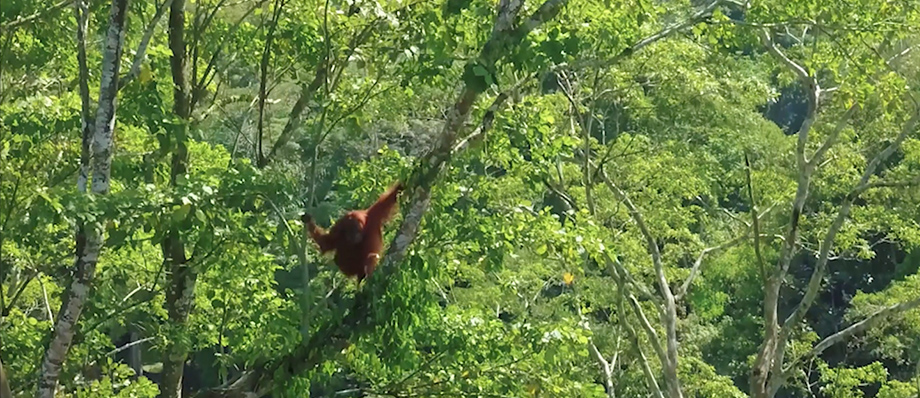
For anyone, to plan a holiday (vacation) is one of the most exciting times. The urge to see the beauty of a new place makes it so much more adventurous. From the moment the idea arises to the moment a person boards the plane or boat, it feels like time comes to a standstill. We just can’t wait.
But what about the people that need to get on a plane to visit a remote destination to assist with a disaster or conservation struggle? The difference is that no one knows what to expect. Everything happens so fast there is often no time for proper planning, no tour agent to book you in the best possible hotels, no pickups at the airport. You just try and find out as much you can about the environment you set out to meet, and depend on the people there to have some sort of structure and organized plan in place.
Wildlife Protection Solutions in Indonesia
Our mission is to use tech to protect endangered species and ecosystems. Species need your help now.
Posted by Wildlife Protection Solutions on Tuesday, October 3, 2017
Unknown cultures, languages, diseases, and traditional food will be part of the journey, and a person can just hope there is someone there to break the barrier of communication. Traveling can be horrific at times and the risk of accidents is a reality.
WPS conservationists Eric Schmidt, Michael Hicks and I recently visited some of Indonesia’s remote reserves to assess the current efforts in protecting this beautiful landscape and how we can improve and contribute to systems in place. These areas are homes to highly protected species such as the Sumatran and Javan rhinos, orangutans, and tigers just to mention a few. The hard broken fact is that deforestation plays a fundamental role in the survival challenges of these venerable animals. Bare areas can be seen where the forest has been harvested of beautiful hundred year old trees shipped off to other countries for timber.
At one of the sites we visited in Sumatra, locals took us halfway up a mountain on a very muddy steep one lane road with 125cc scooters. Looking down from the back at drops of hundreds of feet makes you appreciate proper transportation again. What an amazing adventure. Heading into the Sumatran jungle to install our camera solutions, it took us roughly eight hours to reach our destination in temperatures of 35° C (95°F) and humidity of 95 to 100%.
Due to the moisture on the forest floor, leeches appeared from everywhere and saw any movement as a perfect feeding opportunity. In some circumstances, local people do not appreciate other cultures intervening in their ability to generate income from protected areas, and this too is a constant safety risk.
But at the end of the day nothing beats the pleasure of seeing our technology protect endangered species and ecosystems. And in this recent trip to Indonesia, seeing orangutans in their natural habitat far outweighed any discomfort a person might have experienced to do so.
There are brilliant people in the world that should receive medals for the conservation work they do and the circumstances they do it in. I would like to thank each and every one for their passion and devotion in conservation.
Conservation is a language of its own. If we put in the effort to speak it we will all benefit.

